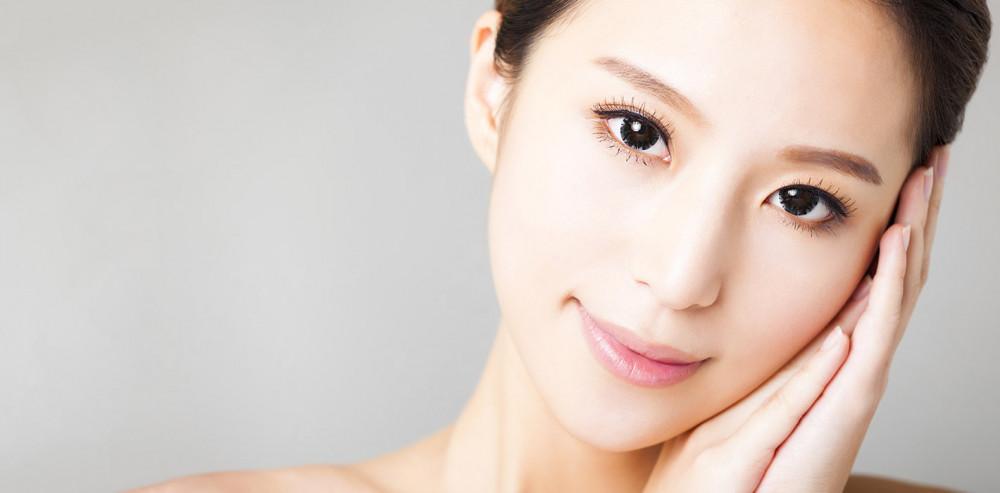The quest for glowing, youthful skin has been a prominent aspect of beauty and wellness for centuries. Across the globe and throughout history, numerous methods, treatments and rituals have been developed to preserve the skin’s natural glow and delay the signs of aging.
Healthy eating for radiant, youthful skin
The relationship between diet and skin health is a topic of increasing interest to researchers and skincare enthusiasts alike.
A diet rich in antioxidants, vitamins and essential nutrients plays a crucial role in maintaining skin elasticity, reducing inflammation and fighting free radicals that can cause premature ageing.
Foods such as berries, nuts, green leafy vegetables and oily fish are recognised for their skin-enhancing properties, providing a combination of beneficial fats, vitamins and minerals that support a youthful complexion.
In addition to a balanced diet, the role of nutritional supplements in skin health should not be overlooked. Supplements can be an effective way to ensure that you are getting all the essential nutrients you need, especially if certain foods are missing or insufficient in your diet.
Supplements such as vitamin C, E, biotin and collagen have gained popularity for their potential to support skin health. While they should not replace a healthy diet, they can complement it and act as an additional resource for those looking to optimise the radiance and youthfulness of their skin.
As with any health regime, it’s important to consult a healthcare professional before introducing any new supplements such as trans-resveratrol capsules to ensure they are appropriate and beneficial.
How to protect yourself from the sun to keep youthful skin
While sun exposure is essential for vitamin D synthesis and mood regulation, it can also be one of the most significant contributors to premature skin ageing and other harmful skin conditions.
Ultraviolet (UV) rays emitted by the sun cause cellular damage, reducing skin elasticity and leading to the formation of fine lines, wrinkles, and hyperpigmentation.
Prolonged and unprotected exposure also increases the risk of various skin diseases, including some types of skin cancer. The adverse effects of UV radiation on the integrity and appearance of the skin underscore the importance of protecting against these harmful rays.
Various strategies have been developed and researched over the years to counteract the negative effects of sun exposure. One of the most fundamental is the use of broad spectrum sunscreens that block both UVA and UVB rays.
These products work by reflecting, scattering or absorbing the sun’s rays, preventing them from penetrating deep into the skin.
Stress reduction and relaxation for radiant skin
Chronic stress has been identified as a major contributor to many health problems, and the skin is not exempt from its negative effects. Prolonged exposure to stress leads to the production of the hormone cortisol, which can increase oil production in the skin’s sebaceous glands, leading to acne breakouts and other skin issues.
Elevated cortisol levels can also aggravate conditions such as eczema, psoriasis, and rosacea. At a cellular level, stress can accelerate the ageing process of the skin, reducing its natural radiance and suppleness.
Factors such as poor sleep associated with high stress levels can further compromise the skin’s ability to repair itself, leading to dullness and the appearance of fine lines.
In contrast, practices that focus on relaxation and stress reduction have shown promising results in promoting skin health.
Activities such as meditation, deep breathing and yoga have been shown to reduce cortisol levels, helping to prevent and heal stress-related skin problems.
Relaxation techniques also improve blood flow, ensuring that the skin receives essential nutrients for repair and rejuvenation.
